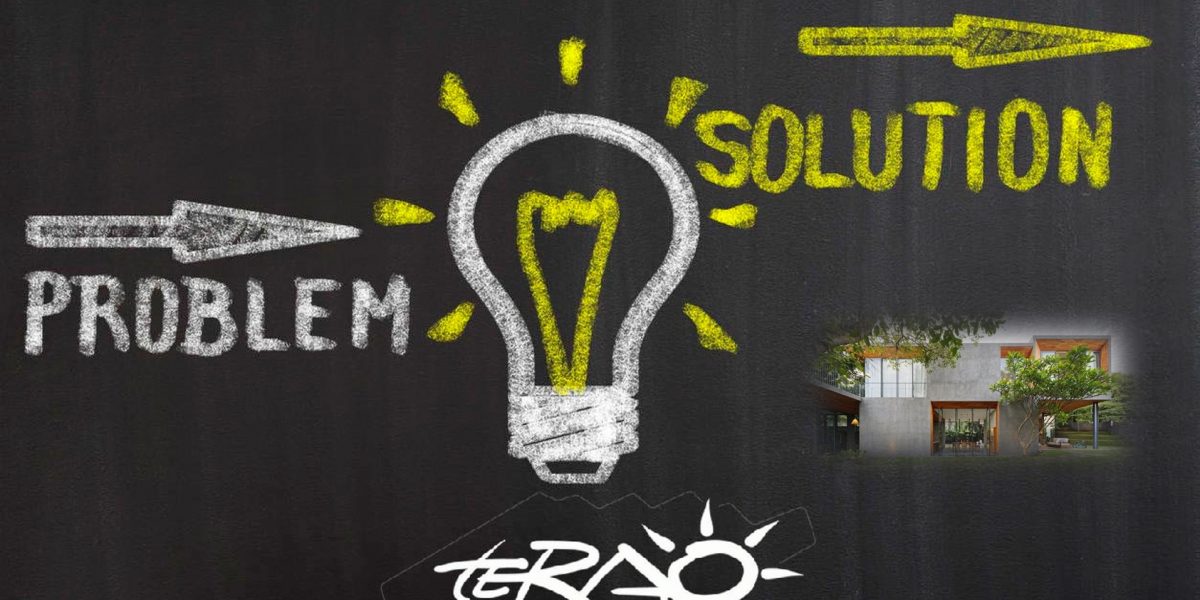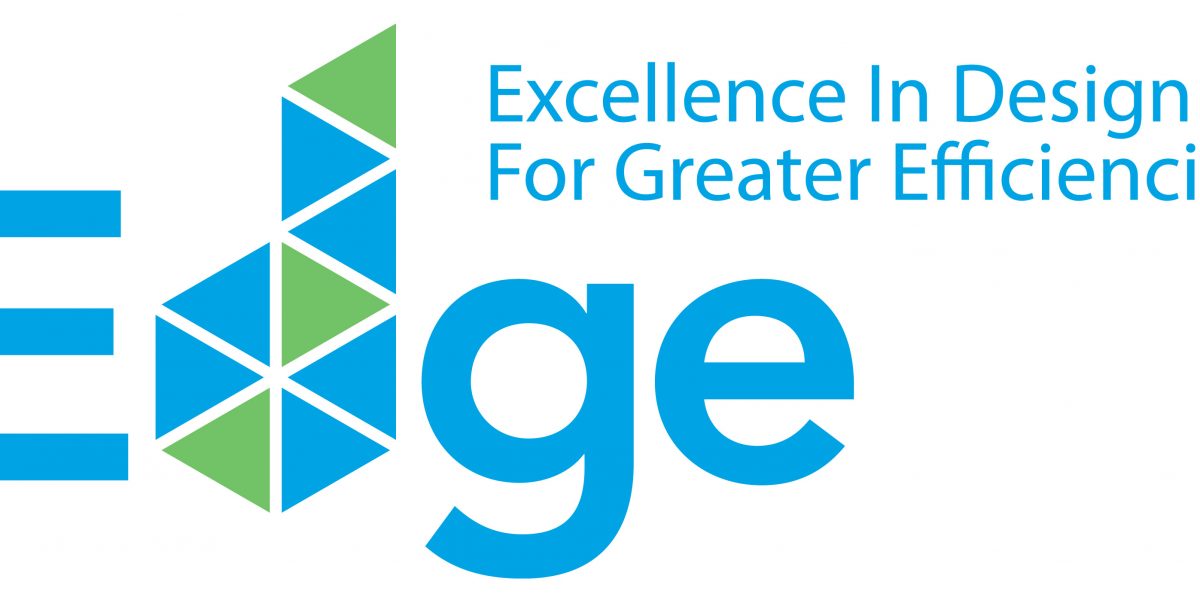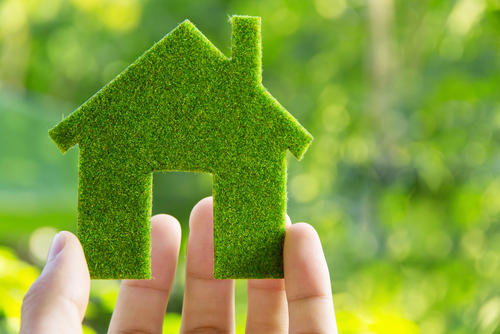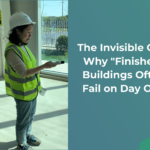Nathalie Ieong
How TERAO can help to improve your asset design in tropical climates? – Bioclimatic design case study
How TERAO can help to improve your asset design in tropical climate? Bioclimatic architecture refers to the design of buildings and spaces based on local climate. It takes into account the environmental conditions to enhance thermal and visual comfort inside a building. This type of architecture seeks perfect cohesion between design and natural elements such as sun, wind, rain and
How TERAO can solve your energy issue? – Cold rack case study
How TERAO can help you to efficiently cool your industrial rack? Case study – Cooling system optimization TERAO’s team worked as energy efficiency specialists to optimize the cooling system for a specific case. A Taiwan based client whose process is highly impacted by the weather needed to control well humidity and heat by adding new cooling racks inside a warehouse. The
[Repost] China CO2 emission has decreased because / thanks to the COVID-19, but there is more to it!
An original article from CarbonBrief: https://www.carbonbrief.org/analysis-coronavirus-has-temporarily-reduced-chinas-co2-emissions-by-a-quarter Since the beginning of the COVID-19 crisis, the electricity demand and industrial output in China have dropped far below their usual levels. All the measures to contain COVID-19 have resulted in reductions of 15% to 40% in output across key industrial sectors. This is likely to have wiped out a quarter or more of
Carbon Footprint – How to reduce the environmental impact?
Once the carbon footprint has been assessed through the dedicated methodology, cf. our article on Carbon footprint methodology it is possible to work on different solutions to reduce the emissions. In the building sector, there are many initiatives to control and minimize carbon emissions into the atmosphere. Optimization of built areas: Since one built square meter is equivalent to one
Carbon Footprint Methodology – How to assess your asset environmental impact?
The Carbon Footprint Methodology The carbon footprint of an entire site could be done using different methodology such as the French Bilan Carbone® approach or the Green House Gas Protocol approach. At TERAO we are used to working with the French methodology. The Bilan Carbone® approach is designed for all types of organizations and is compatible with other standards, such
HQE Building In Operation – How to improve the quality of your building in operation?
What is HQE – Building in Operation? The HQE ™ certification (High Environmental Quality) is a French environmental scheme for buildings and sustainable territories. In France the first projects with the HQE denomination were started in 1993. Michel RAOUST, founder of TERAO, was one of the pioneers working on these projects. HQE is a qualitative certification, adapted to the context
HQE in « Operation » for the Louis Vuitton Foundation in Paris
The Louis Vuitton Foundation, which has been already certified by TERAO under the scheme “HQE Excellent – Pilot cultural projects” has a long-term ambition to maintain and improve its environmental performance. This ambition results in the implementation of an in-depth monitoring of the energy and environmental performance of the building. These topics regarding this very complex museum through its technical
Durability of materials – How to anticipate future damages of materials?
The durability of materials is a strategic methodology to design for robustness and resilience, firstly to ensure and maintain an esthetic aspect of building, and secondly to avoid the high cost generated by material replacement. Every material or product has its own life expectancy, the defined use of these products should be in line with their life expectancy. Meanwhile, their
Functional adaptability – How to anticipate the building future needs?
Functional adaptability is the concept behind the constant evolution of building needs during the operational phase. Indeed, it is very important to anticipate all of these challenges related to new uses of the building, maintenance and repair work. All of these changes have most of the time the potential to solve functional problems and to provide improvements by considering the
Life Cycle Analysis – How to assess the potential environmental aspect of a product?
The Life Cycle Assessment approach has been used since 1970. First of all, in the context of Oil-Shock, it was used by the industry to link the production and transportation of products to the energy cost. Then the focus grew to the environmental impacts of activities since 1990. The approach is now standardized by ISO 14 040 and ISO 14
TERAO Country Manager Manuel Ramos Speaks at EUCCC on the Business of Sustainability in China
How do climate risks and China’s push towards greener solutions provide opportunities for European SMEs? How can these businesses respond to growing demands from investors and create sustainable, long-term value while ensuring that they also address climate-related risks from regulatory and legal perspectives? Yesterday, TERAO’s China Country Manager Mr.Manuel Ramos was invited to speak at EUCCC about the business of
Life Cycle Cost Analysis – How to understand, predict and reduce building operational costs
Life Cycle Cost Analysis In a construction project, the financial assessment is mainly based on initial capital costs. However, the costs generated during the asset operation period can be significant and are often neglected during the design and development stage. Furthermore, these costs, especially maintenance and replacement costs are highly related to the choices made during the design stage. Therefore,
TERAO Asia is supporting its team in the acquisition of EDGE certification credential
The EDGE Standard EDGE (Excellence in Design for Greater Efficiency) is a green building standard, and a certification program for more than 140 countries in the world. EDGE empowers the discovery of technical solutions at the early design stage to reduce operational expenses and environmental impact. Based on the user’s information inputs and selection of green measures, EDGE reveals projected
Sustainability Solutions for Energy Efficiency
Nowadays it is necessary to optimize the Energy Efficiency and sustainability of future assets for both environmental and financial issues. Through its 30 years of expertise, TERAO has developed internally a methodology to optimize the building’s energy efficiency by being involved at the early stage of the design. By starting at the Schematic Design stage, TERAO has the capability to
BUILDING ENERGY EFFICIENCY – One Of the Main Environmental issue
At the worldwide scale, both buildings and buildings construction sectors combined are responsible for 36% of global final energy consumption and nearly 40% of total direct and indirect CO2 emissions. At the moment China is the biggest energy consumer in the world and building energy use is the second largest right after the US with 16% of total final energy


















Recent Comments